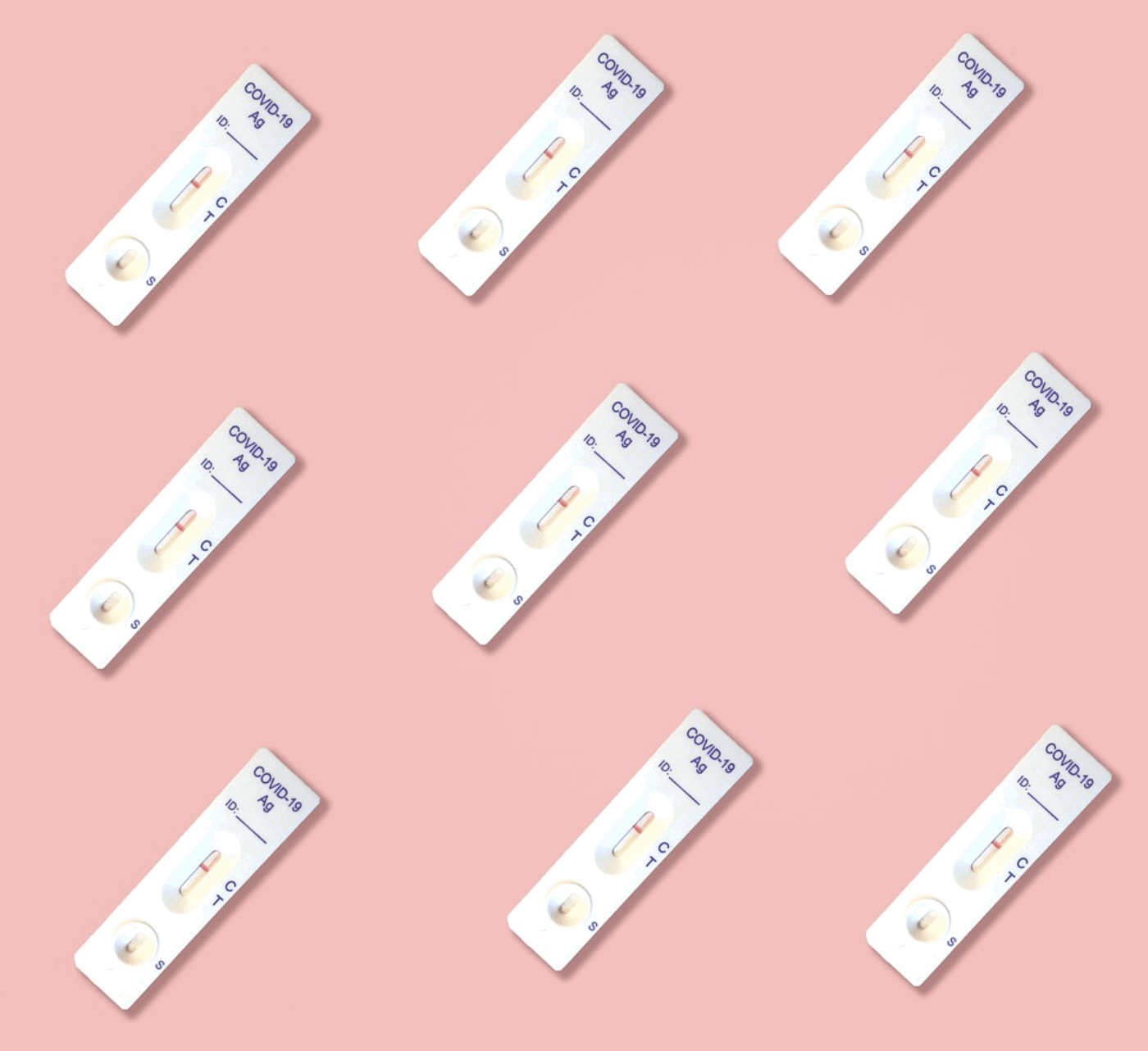Fear of COVID-19 among critical care nurses of public hospitals in Lahore: empirical evidence during third wave

Accepted: 23 April 2023
HTML: 24
All claims expressed in this article are solely those of the authors and do not necessarily represent those of their affiliated organizations, or those of the publisher, the editors and the reviewers. Any product that may be evaluated in this article or claim that may be made by its manufacturer is not guaranteed or endorsed by the publisher.
Authors
The world has seen a pandemic which disrupted the life. Till now there are aftershocks of the COVID-19 such as Omicron instilling fear among individuals. Healthcare staff is on alert specifically the nurses has suffered a lot mentally due to this issue by developing fatigue. The study conducted during deadly 3rd COVID-19 wave. The data were collected by developing the questionnaire of the previously validated measures related to the variables under study from nurses working in the intensive care unit, critical care unit and floor wards of COVID-19 at Services Hospital, Lahore. A total of 140 questionnaires were used for data analysis. The study used Statistical Package for Social Sciences for frequency and descriptive statistics. Whereas, the outcomes of fear of COVID-19 were assessed by using the latest Smart Partial Least Squares software which allows to assess the complex research frameworks. The results of the study revealed that the fear of COVID-19 results in poor quality of life among nurses and fatigue. Resilience among nurses can reduce the negative consequences but did not get the statistical support.
How to Cite

This work is licensed under a Creative Commons Attribution-NonCommercial 4.0 International License.
Similar Articles
- Zunira Amir, Shama Maroof, Shahbaz Haider, A descriptive study on nursing practice environment among public sector nurses in Lahore , Healthcare in Low-resource Settings: Vol. 11 No. 1 (2023)
You may also start an advanced similarity search for this article.

 https://doi.org/10.4081/hls.2023.10642
https://doi.org/10.4081/hls.2023.10642



